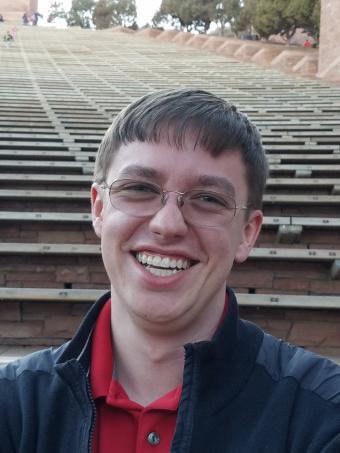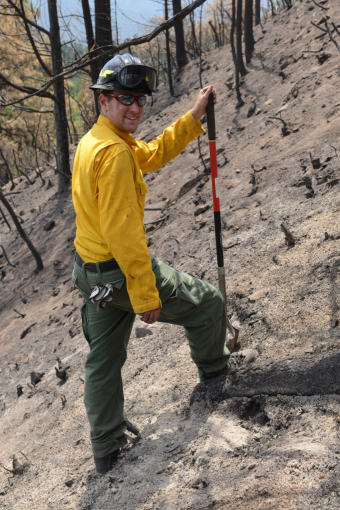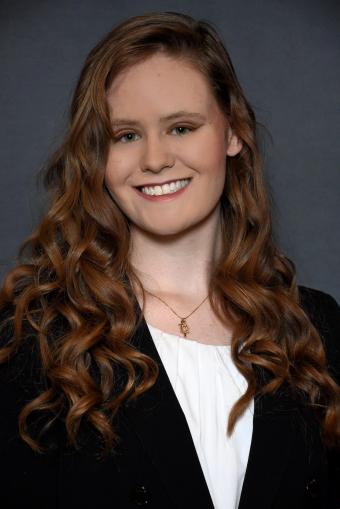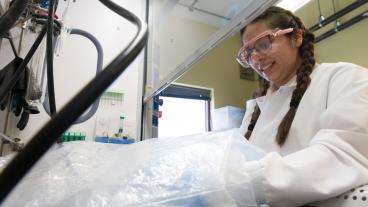
Alec Saville, a metallurgical and materials engineering PhD student, won for his research proposal on additive manufacturing for aerospace applications. His advisor is Associate Professor Amy Clarke.

Alex Honeyman, a civil and environmental engineering PhD student, is focusing on the fusion of microbiology, geochemistry and engineering for the assessment of burned lands after large wildfires. His advisor is Professor John R. Spear.
“Massive wildfires have become epidemic in the American West, and little is known about how burned lands truly behave/recover after these disturbances. Through the lens of microbial ecology, geochemistry and environmental engineering, I will investigate the mechanisms that underpin soil and ecosystem response to fire,” Honeyman said.


- Nicholas Kincaid ‘17, Mechanical Engineering, now at Cornell University
- Steven Clark ‘18, Engineering Physics, now at Rutgers University
- Alyssa Spomer ‘16, Mechanical Engineering, now at University of Washington
- Ginevra Moore ‘16, Geophysical Engineering, now at University of Washington
- Megan Auger ‘18, Mechanical Engineering, now at University of Washington
- Barathwaj Murali ‘18, Mechanical Engineering, now at Rice University




